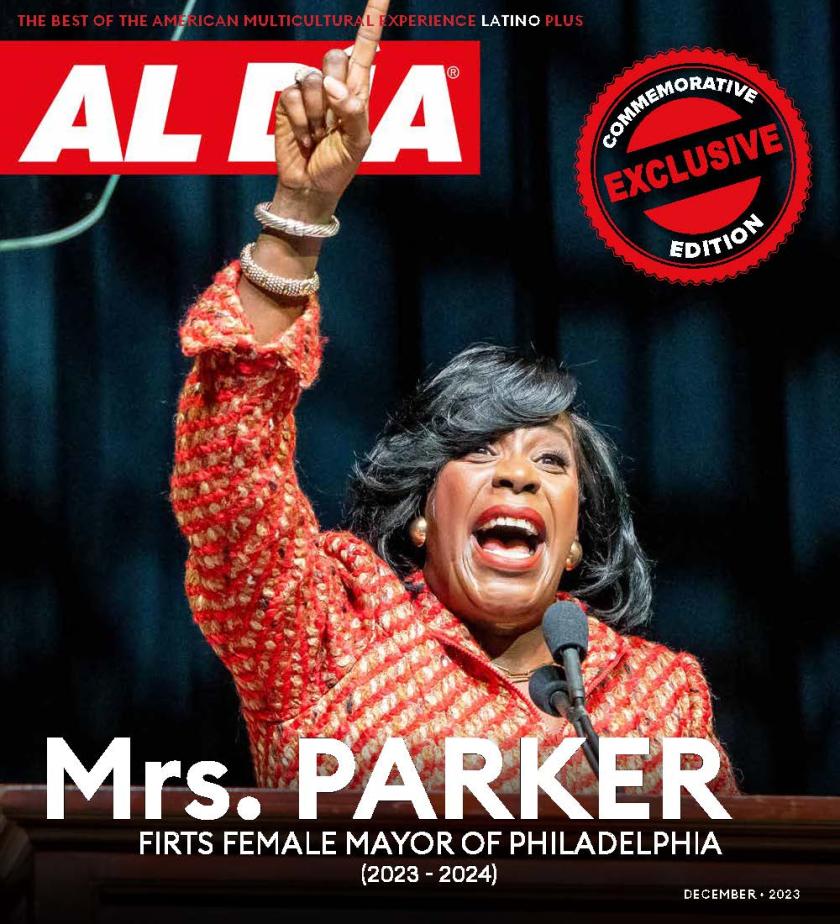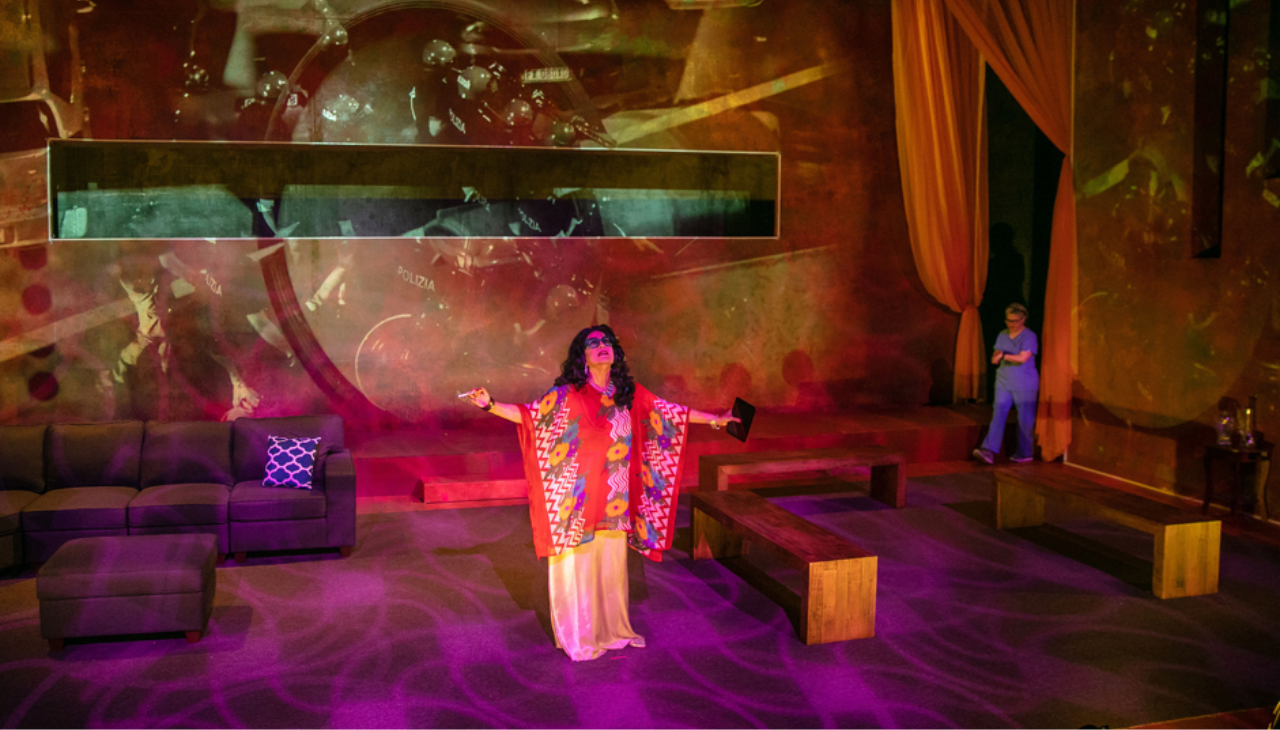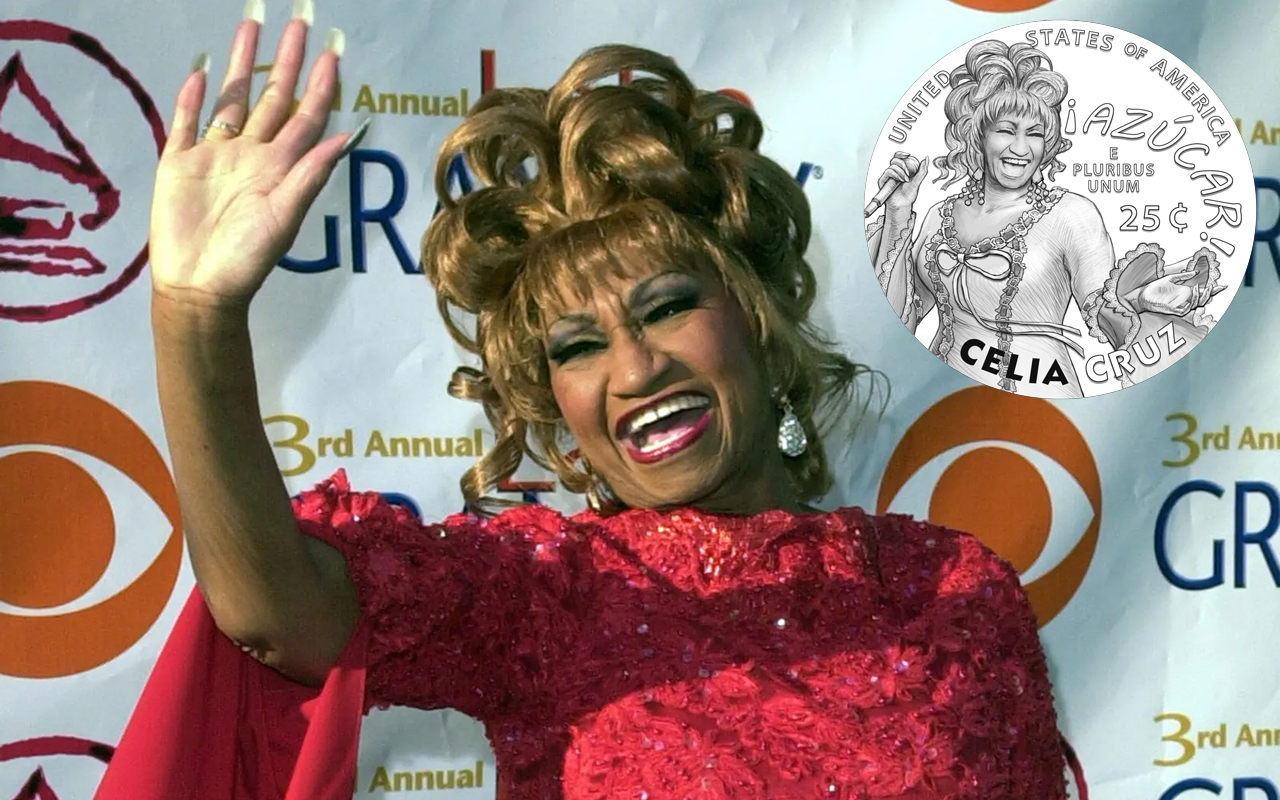
Bans on Face Veils in Countries Citing National Security
Several countries argue that restrictions on wearing the burka and niqab are necessary to ensure public safety, despite criticisms.
by: Alejandra Legarda R. - Periodista
Several countries have implemented bans on face veils worn by Muslim women, citing national security concerns as a primary reason. These bans are part of broader efforts to ensure public safety, especially in the context of rising concerns about terrorism and the need for clear identification in public spaces.
France was the first European country to ban full-face coverings in public, including the burqa and niqab, in 2010. This law was upheld by the European Court of Human Rights in 2014, which accepted France's argument that the ban was necessary for public safety and to promote a cohesive society. Belgium followed shortly after in 2011, implementing a similar ban with fines imposed on those who violate the law.
The Netherlands introduced a partial ban in 2019, prohibiting face-covering clothing in specific public spaces such as schools, hospitals, and public transportation. However, enforcement of this law has been met with some resistance, including from local authorities who argue that it is not practical to apply.
In Denmark, a law banning face veils came into effect in 2018. The legislation sparked protests, but the government justified the ban as necessary for public safety and to ensure proper identification.
RELATED CONTENT
Chad and Cameroon, both located in Central Africa, implemented bans on face veils following terrorist attacks attributed to Islamist groups. In Chad, the ban was imposed after suicide bombings in 2015, and in Cameroon, the ban is enforced in the Far North region, which has been particularly affected by Boko Haram activities.
Additionally, Sri Lanka banned face coverings in 2019 after the Easter Sunday bombings, citing the need to prevent further terrorist attacks. The government argued that the ban was crucial for national security, although it has been criticized for potentially stigmatizing the Muslim community.
These bans have been controversial, with critics arguing that they infringe on religious freedom and disproportionately target Muslim women. However, governments enforcing these laws maintain that the measures are necessary for public safety and national security.
These examples illustrate a global trend where security concerns are often cited as justification for restricting religious dress, reflecting a tension between individual freedoms and collective safety.










LEAVE A COMMENT:
Join the discussion! Leave a comment.